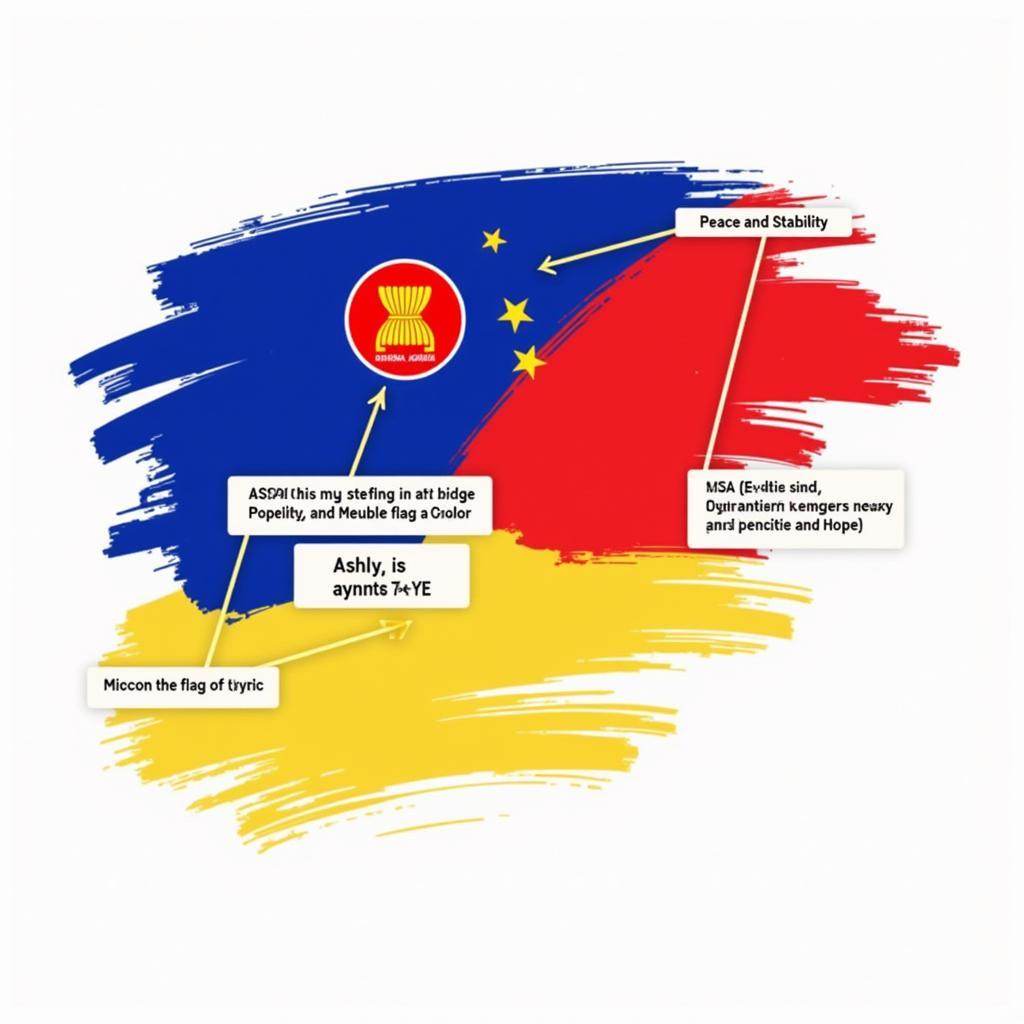ASEAN Controlled Retrospective Study (ACRS) is a powerful tool for understanding the effectiveness of interventions and policies in the Southeast Asian region. It allows researchers to gather data on past events and analyze their impact, providing valuable insights for future decision-making.
This method is gaining momentum in ASEAN due to its ability to address the complexities of regional challenges, such as public health, economic development, and environmental sustainability. ACRS helps to ensure that research remains relevant to the unique needs and contexts of the ASEAN community.
What is an ASEAN Controlled Retrospective Study?
An ASEAN Controlled Retrospective Study is a type of observational research that examines past events to identify relationships between interventions or policies and their outcomes. It involves collecting data on a specific population group over a period of time and comparing the results of those who received the intervention or policy with those who did not.
The Importance of ACRS in ASEAN
ACRS plays a crucial role in understanding regional trends and improving decision-making processes in ASEAN. Here are some key benefits:
- Contextual Understanding: ACRS considers the unique cultural, social, and political contexts of ASEAN member states. This helps researchers to develop more nuanced and relevant findings.
- Cost-Effectiveness: ACRS often involves analyzing existing data, which can be more cost-effective than conducting new studies.
- Addressing Urgent Issues: ACRS allows for a rapid assessment of interventions and policies that are relevant to pressing issues facing the region.
- Building Evidence Base: ACRS contributes to a growing body of evidence that can inform the development and implementation of effective policies and interventions.
Challenges of Conducting an ACRS in ASEAN
While ACRS offers numerous advantages, it also presents certain challenges for researchers. These include:
- Data Availability: Access to comprehensive and reliable data can be a hurdle, especially when studying events across diverse member states.
- Bias and Confounding Factors: Retrospective studies can be susceptible to bias, as researchers are examining past events where confounding factors may have influenced the results.
- Data Standardization: Achieving data standardization across member states can be challenging, as different countries may use varying definitions and measurement tools.
How to Conduct an Effective ACRS in ASEAN
Here are some key considerations for researchers conducting an ACRS in ASEAN:
- Clear Research Objectives: Define specific and measurable research objectives to ensure that the study is focused and relevant.
- Rigorous Data Collection: Employ robust data collection methods to minimize bias and ensure the accuracy of the findings. This may involve using standardized questionnaires, interviews, or archival data.
- Control for Confounding Factors: Researchers should carefully control for potential confounding factors that could influence the results. This can involve statistical adjustments or stratification methods.
- Collaborative Approach: Encourage collaboration among researchers from different member states to share expertise and access resources.
- Ethical Considerations: Adhere to ethical guidelines for research involving human participants, respecting privacy and confidentiality.
Key Considerations for a Successful ACRS in ASEAN
Dr. Chan Tai, a renowned public health researcher at the National University of Singapore, emphasizes the importance of:
“Understanding the cultural context and nuances of different ASEAN member states is essential for conducting a successful ACRS. Researchers need to be aware of potential cultural biases and ensure their data collection methods are appropriate for the diverse populations within the region.”
Professor Siti Zubaidah, a leading economist from the University of Indonesia, stresses the need for:
“Rigorous data analysis is crucial for drawing valid conclusions from an ACRS. Researchers should employ appropriate statistical methods to control for confounding factors and ensure the reliability of their findings.”
Conclusion
ACRS presents a valuable opportunity for researchers and policymakers to better understand the impact of interventions and policies in ASEAN. By carefully addressing challenges and implementing best practices, ACRS can contribute to evidence-based decision-making that improves the lives of people across the region.
FAQ
Q: What are some examples of ACRS in ASEAN?
A: Examples include studies on the effectiveness of public health campaigns, the impact of economic policies on poverty reduction, and the effectiveness of environmental regulations.
Q: What are the limitations of ACRS?
A: ACRS can be limited by data availability, potential biases, and challenges in controlling for confounding factors.
Q: What are the ethical considerations for conducting ACRS in ASEAN?
A: Ethical considerations include obtaining informed consent from participants, protecting their privacy, and ensuring the confidentiality of data.
Q: How can ACRS be used to inform policy decisions in ASEAN?
A: ACRS findings can be used to develop evidence-based policies and interventions, evaluate the effectiveness of existing policies, and identify areas for future research.
Q: What resources are available to support researchers conducting ACRS in ASEAN?
A: Resources include research institutions, government agencies, and international organizations that support research and development in ASEAN.
Looking for support with your ACRS research project?
Contact us today for expert guidance and resources!
Phone: 0369020373
Email: aseanmediadirectory@gmail.com
Address: Thôn Ngọc Liễn, Hiệp Hòa, Bắc Giang, Việt Nam
We are dedicated to helping researchers conduct impactful and ethical ACRS studies in ASEAN.

